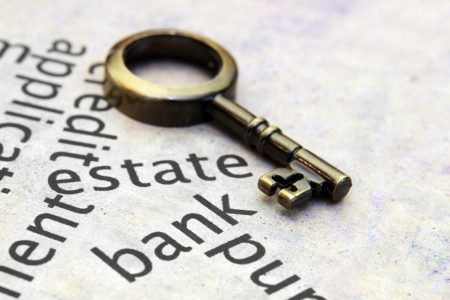
The stay may be granted if the debtor: (a) can prove that the lender has materially misstated its legal or contractual rights, (b) has a significant equity in the property, (c) and will likely be able to repay the mortgage debt.
The bankruptcy court may grant a stay even if the debtor doesn‘t have an equity in the property. However, it may be difficult to convince the court that the debtor will be able to repay the mortgage debt in the future, even if the debtor has a significant equity in the property.
If the lender doesn‘t want the foreclosure sale delayed or canceled, it must file an objection with the bankruptcy court. The lender must prove that it is likely to succeed on the foreclosure, or that the debtor doesn‘t have a significant equity in the property. If the lender doesn‘t file an objection, or if the lender is unsuccessful in proving its case, the bankruptcy court will most likely grant the stay. The bankruptcy court will grant a stay for up to 90 days. During this time, the debtor must be able to persuade the court that the lender has materially misstated its legal or contractual rights, and that the debtor has a significant equity in the property for the stay to be extended.
The court also considers whether the debtor can likely repay the mortgage debt. If the debtor can‘t persuade the court that the lender has materially misstated its legal or contractual rights or that the debtor can likely repay the mortgage debt, the stay will be dissolved. This means that the lender can proceed with foreclosure. Sometimes, the lender will agree to accept a lesser amount than it‘s owed in exchange for agreeing not to proceed with foreclosure. However, if the lender is willing to do this, it usually only offers to do so if the debtor can prove that it will be able to repay the mortgage debt in the future.
If you are facing the possibility of foreclosure or eviction, contact our Houston bankruptcy office now to learn more about your options for staying in your home.
